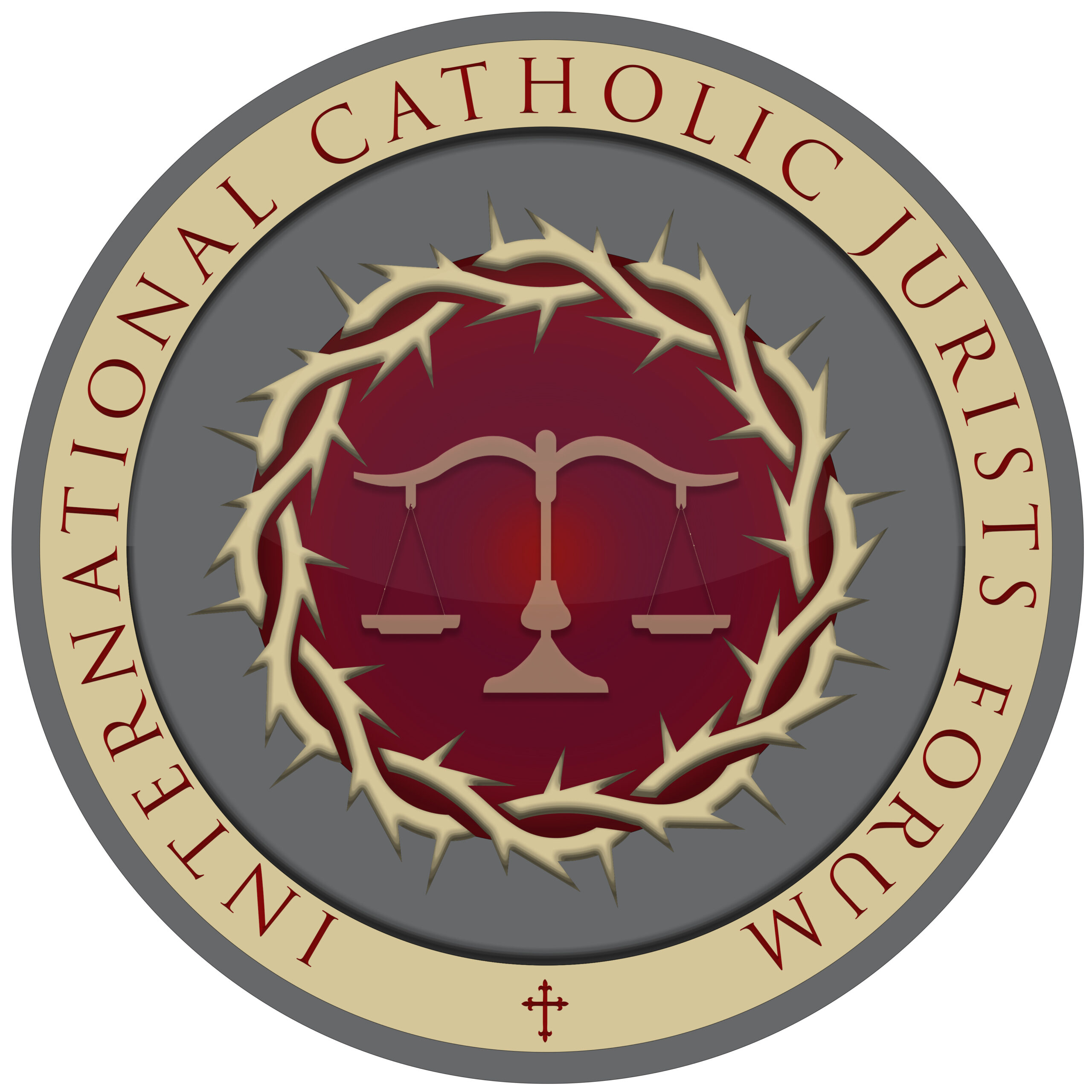June 22, 2012 – UNESCO’S PROGRAM FOR SEXUALITY EDUCATION IN LIGHT OF A PROPER UNDERSTANDING OF INTERNATIONAL HUMAN RIGHTS
Over the past few years, several international organizations have advocated a need for sexuality education. From June to December 2009, the United Nations Educational, Scientific, and Cultural Organization [hereinafter UNESCO] published International Technical Guidance on Sexuality Education: An Evidence Informed Approach for Schools, Teachers, and Health Educators, and International Guidelines on Sexuality Education: an evidence informed approach…
